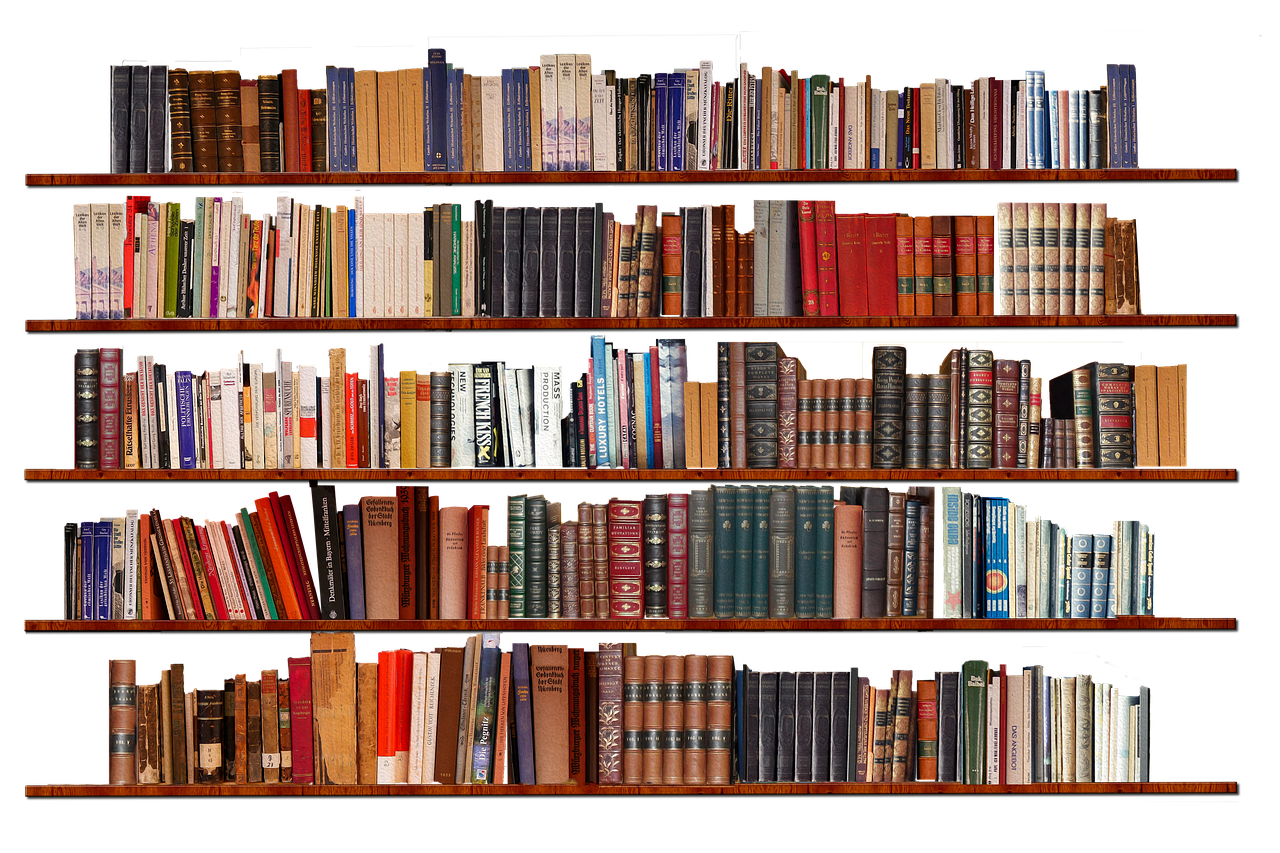The top 10 books on globalization
Angie G50
Moisés Naím / Foreign Policy
One of the most interesting books on globalization is Felipe Fernández Armesto’s Pathfinders: A Global History of Exploration. Through a fascinating account of the adventures, obsessions and achievements of explorers and cartographers since the dawn of history Professor Fernandez Armesto deftly shows how the impulse to discover what lies beyond the horizon and the instincts to engage foreigners have driven globalization since time immemorial. If you have to read one book on globalization read Pathfinders. In the process you will be exposed to a very original history of the world.
New York Times journalist Thomas L. Friedman has had an enormous influence in shaping the debate on globalization through his books, especially The Lexus and the Olive Tree and The World Is Flat. So has Martin Wolf, the Financial Times‘ chief economics commentator. His book, Why Globalization Works, offers a rigorous analysis of the arguments of both critics and champions, with an emphasis on economic globalization.
For good overviews of the diverse facets of globalization read David Held, Anthony McGrew, David Goldblatt, and Jonathan Perraton’s Global Transformations: Politics, Economics and Culture as well as The Great Experiment by Brookings Institution President Strobe Talbott who, like Fernandez Armesto, argues that the global integration of humanity has been an inexorable historical trend and explains why improving global governance is an urgent priority. Peter Berger and Samuel Huntington’s Many Globalizations: Cultural Diversity in the Contemporary World (New York: Oxford University Press, 2002) is also worth a read.
Nobel laureate Joseph Stiglitz’s book Globalization and Its Discontents offers a powerful critique of globalization, as does his Making Globalization Work which includes his views on the reforms needed to minimize the costs of international economic integration.
In The Post-American World Newsweek‘s Fareed Zakaria describes the forces behind the emergence of countries that are successfully challenging the dominance of the United States and reshaping global politics and economics.
